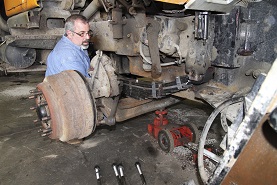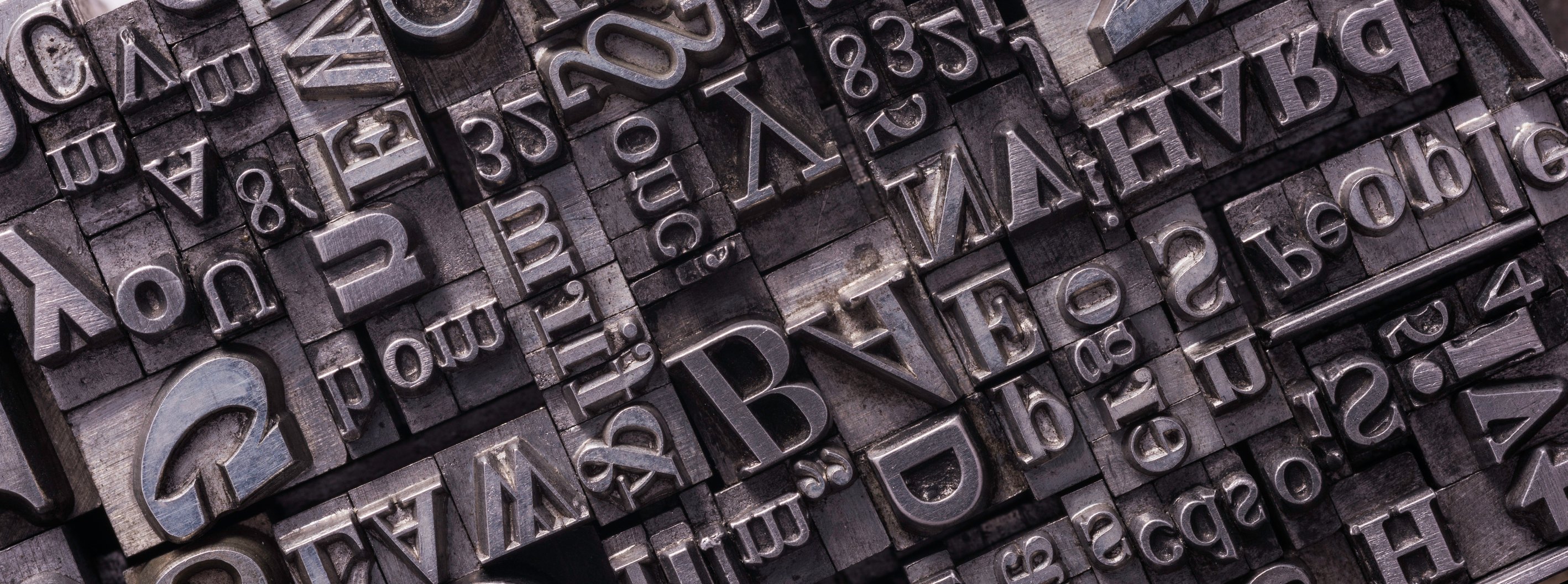 If a piece of poorly maintained heavy equipment breaks down on the job then most often everything grinds to a halt. This wastes money and time while creating frustration and, perhaps most crippling of all, it lowers the goodwill of your client. That is the last thing you want compromised now since, according to Equipment World, construction spending is finally “up 8.6 percent year-over-year to the highest rate since March 2009.”
If a piece of poorly maintained heavy equipment breaks down on the job then most often everything grinds to a halt. This wastes money and time while creating frustration and, perhaps most crippling of all, it lowers the goodwill of your client. That is the last thing you want compromised now since, according to Equipment World, construction spending is finally “up 8.6 percent year-over-year to the highest rate since March 2009.”
If you own equipment for your contracting business, or if you rent equipment or sell it, investing in maintenance and upkeep can be an investment in your business and well-being. Thus, quality mechanics can be just as important to your business as the equipment itself. They all have certain characteristics in common: accurate analysis, quality workmanship, and the proper tools. Analysis may be the most irreplaceable aspect of a good mechanic. Even if machine 2 machine (M2M) smart apps can provide “real-time data on the condition of the engines, parts, and circuitry” – as so much buzz in the industry suggests that they someday might – the mechanic will still be the one analyzing the data and figuring out how to act upon it.
Good mechanics protect your heavy equipment investment by regularly inspecting it to perform preventative maintenance. Sometimes that means they bring you tough news – you may need to take a piece of equipment off-line for repairs, even though on the surface it appears to be fine. Top managers know that preventative repairs are always less expensive than emergency ones, and not only because they spare the machine ancillary damage that often arises from sudden failure.
 They protect the goodwill of the client. And since that’s really your most valuable asset, preventative maintenance is a practice that ought to be applied to other aspects of your business as well.
They protect the goodwill of the client. And since that’s really your most valuable asset, preventative maintenance is a practice that ought to be applied to other aspects of your business as well.
To generate as much goodwill as possible, consider that if you’re not already accepting every form of payment your client may want to use, you might be like a mechanic missing critical tools. Check payments, for example, are sometimes the preferred payment method – especially in business to business sales like many of yours.
And on the protection side, you don’t want to experience a sudden failure in the middle of the payment process, either. Most checks look fine on the surface, so you need a check verification provider that can do an under-the-hood analysis like a good mechanic. You certainly don’t want to accept a bad check, but you also don’t want to erroneously decline one. Analyzing a check for verification is like preventative maintenance: you need to know what you’re looking for to make sure you call for extreme measures only when they’re needed.
With the proper tools, such as a check guarantee service, you can get reimbursement for approved checks even if they bounce. This allows you to spend more time earning business from that 8.6 percent increase instead of trying to collect on bad checks.
Just like any good mechanic providing exactly the service needed, we will customize a program to fit your business based on our 30 plus years of industry experience. If you’re not using a check service, chances are you’re not getting the most out of your sales and customer base, especially since consumers like to purchase large ticket items with check payments. This quick check list and free guide can help you choose a check service provider is based on results and reality. That way you’ll get the check service that is appropriate for your business. And you can get that guide right here.



